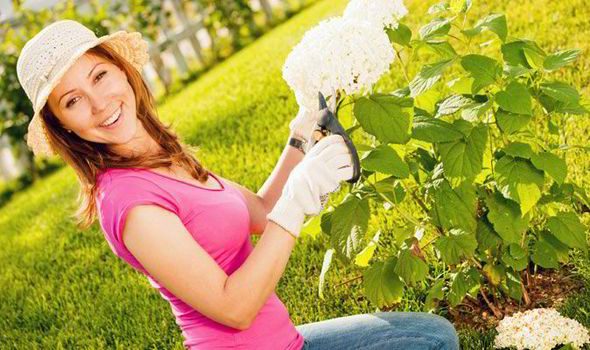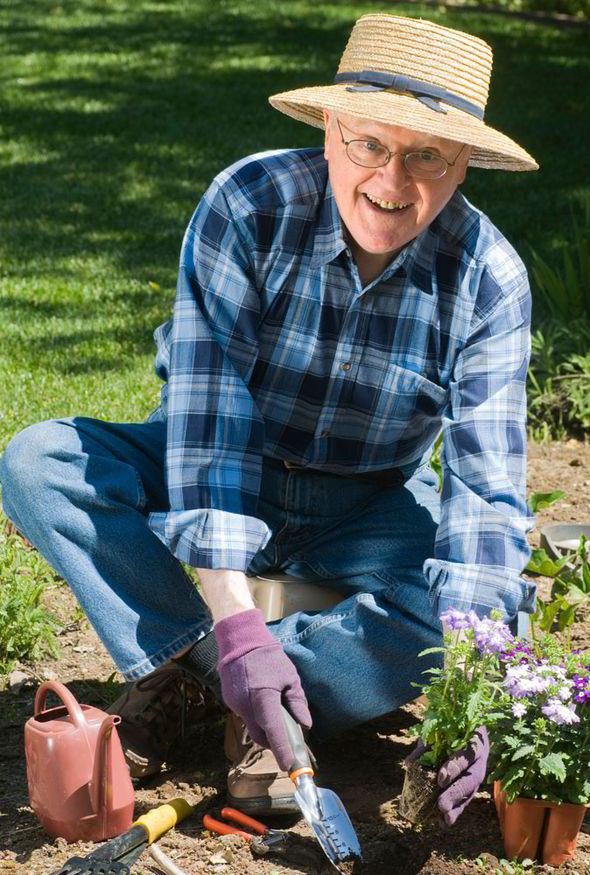Why gardeners bloom with cheer
GARDENERS are happier than non-gardeners and less likely to display signs of depression, a survey has found.
By: Tom Morgan
 People who garden are less prone to depression and more satisfied (PIC POSED BY MODEL)
People who garden are less prone to depression and more satisfied (PIC POSED BY MODEL)
Four out of five of them feel satisfied with their lives compared with just two-thirds of non-gardeners, while more than nine out of 10 gardeners believe gardening improves their mood.
The survey also revealed the importance of haing a hobby – with 78 per cent of walkers satisfied with their lives, as are 75 per cent of anglers and 73 per cent of those keen on computing, compared with just 55 per cent of those who have no hobbies at all.
When asked if they had been happy the previous day, 80 per cent of active people said yes compared with 57 per cent of those who described themselves as inactive.
The most popular hobby in the UK is computing or gaming, with 52 per cent of respondents naming it as their favourite pastime, while gardening came joint second with walking at 43 per cent, according to the poll of 1,500 adults for Gardeners’ World magazine .
Editor Lucy Hall said: “Our research means we can definitely say gardening makes you happy.
“Part of it comes from nurturing something but it is also a natural optimism that, no matter how bad the weather, there’s always next year. It’s also about passing the seed of knowledge and the pleasure that gives.”
 Gardening is the favourite hobby of 43 per cent of Britons (PIC POSED BY MODEL)
Gardening is the favourite hobby of 43 per cent of Britons (PIC POSED BY MODEL)Scientific research now clearly shows that engagement with green places is good for personal healthJules Pretty, professor of environment and society
Jules Pretty, professor of environment and society at the University of Essex, said: “Scientific research now clearly shows that engagement with green places is good for personal health.
“There would be a large potential benefit to individuals, society and to the costs of the health service if all groups of people were to self-medicate with ‘green exercise’. Gardening falls into this category.
“A challenge for policymakers is that recommendations on physical activity are easily stated but rarely adopted widely as public policy.
“Yet those people and households with gardens will probably engage with them on a regular basis.
“This could have significant long term impacts on individual health and costs of health services.”
No comments:
Post a Comment